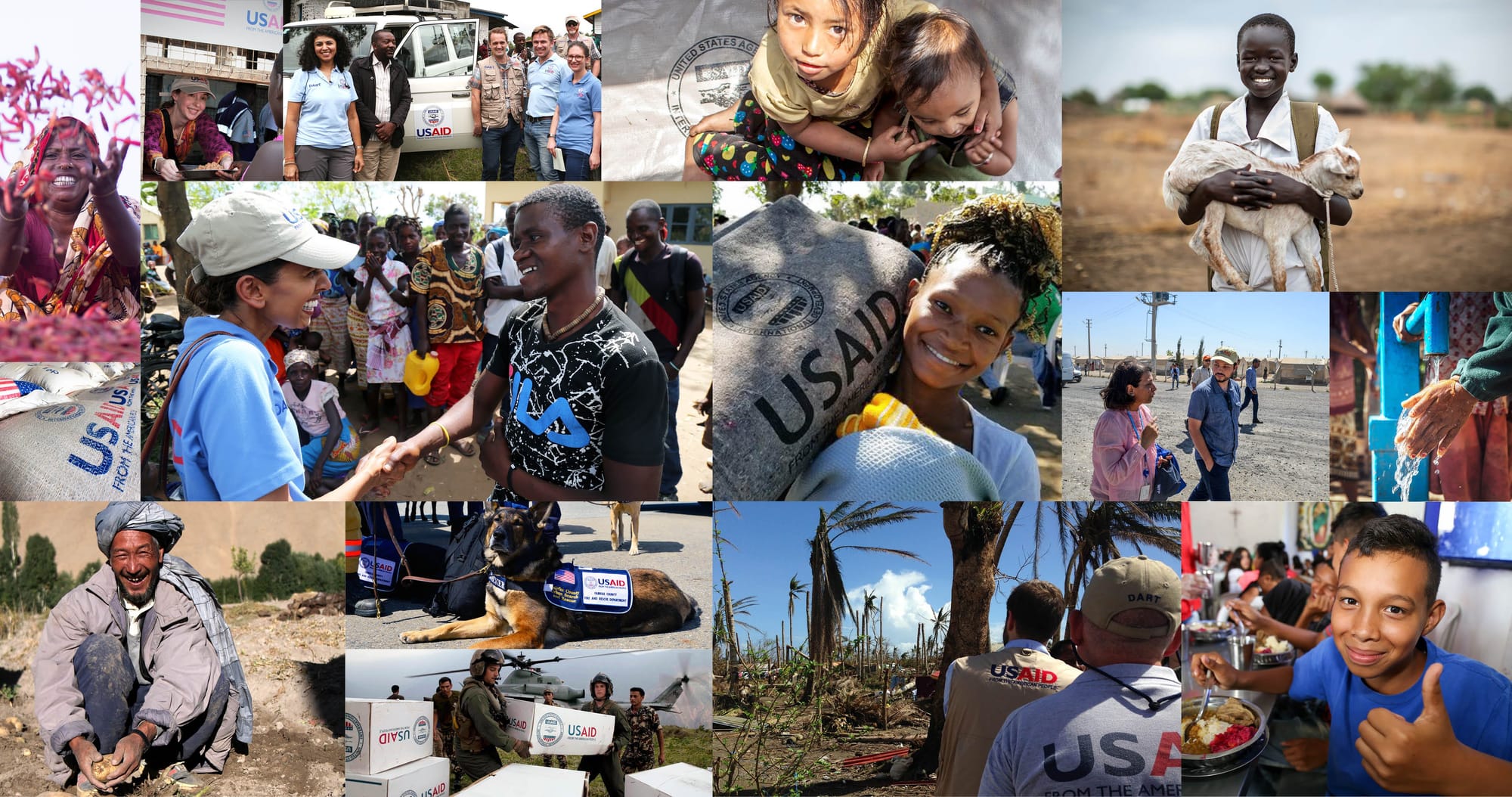Uplifting the World: Honoring Humanitarian Aid Workers on 2025 International Worker’s Day
In a pivotal time for the world, Riley Risk feels compelled to recognize the outstanding labor of all humanitarian aid workers.

Table of Content
Remaining content is for members only.
Please become a free member to unlock this article and more content.
Subscribe Now





